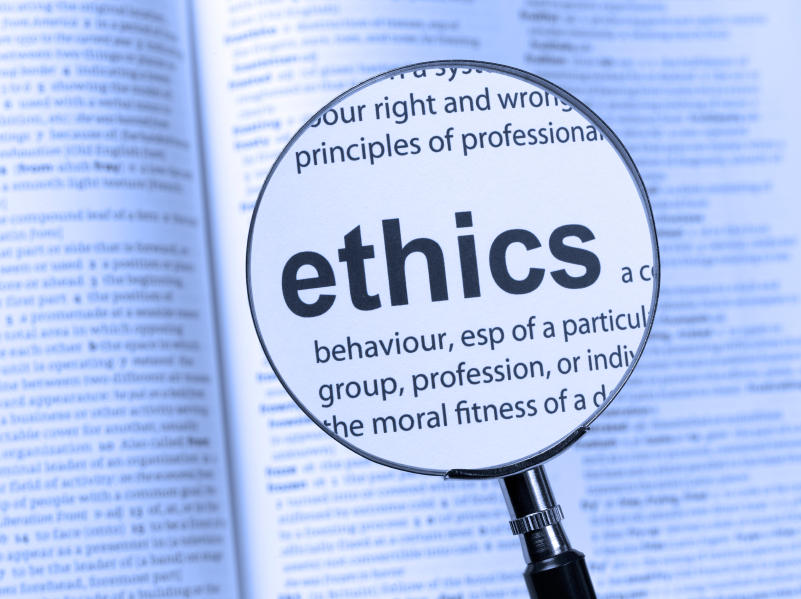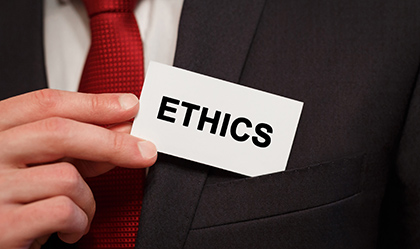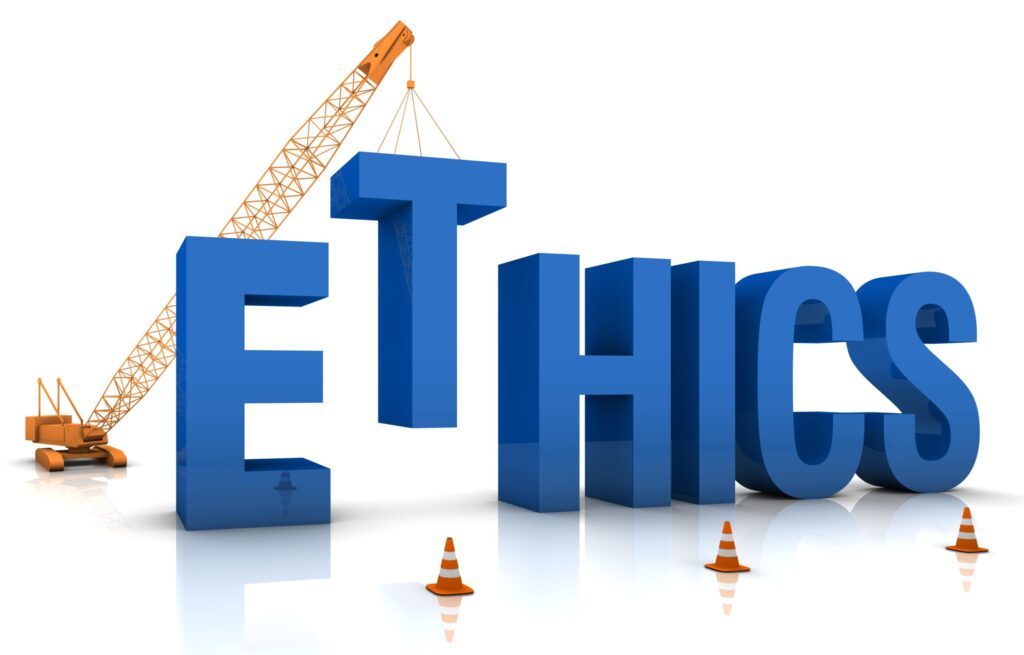Ethics which makes an education consultant more kind, more helpful,more faithful same he should apply with his students. Ethics can be defined as established standards of right and wrong that prescribe what people should do, usually in terms of human rights, responsibilities, advantages to social order, honesty or specific core values. Ethical principles also include those which enjoin the values of authenticity, justice, and integrity. Ethics involves the demands for personal freedom, liberty, and the right to free will and privacy. These principles are acceptable ethical guidelines as a clear and well-founded reason backs them. Ethics also requires a constant attempt to research our spiritual values and moral behavior.

10 Benefits to become an Ethical Education Consultant..
- Being ethical can help you to become a better human being.
- Ethics relates to established standards of right and wrong, usually created by society.
- Ethics does not mean mere conformity to societal norms.
- Personal enrichment and growth depend on the ability to redefine ethical values as we grow older.
- Being ethical means refraining from theft, robbery, harming other people who do not harm you.
- Most laws of countries are based on ethical values.
- Academic honesty and being ethically correct will lead to greater academic success.
- Being ethical will help you to be confident and assertive.
- It is essential to have a comprehensive understanding of ethics to help other people who are in trouble.
- It is essential to understand which acts are morally dishonest so that you can lead a better life.

Types of Ethics:-
Here is a brief look at the four main categories of ethics:
1. Duty Ethics: It relates ethics to religious beliefs. Defining right and wrong behavior or actions, these ethics are also called dermatological ethics. Ethics are taught from the beginning. An Education Consultant must follow them to fulfill his duty (Which is to provide genuine work to each student and stand each needy student on his feet).
2. Virtue Ethics: Ethics refers to personal behavior of an individual. The focus is on a person’s moral values, mentality, and character. As children, we are also inculcated with virtue ethics. We are taught what is right and wrong even if there is no logic to it in many cases.
3. Relativistic Ethics: In line with this, everything is equal. Everyone is free to form his own opinion, based on his own analysis of the situation. This theory holds that what works for one may not be right for another. The same thing may apply in one situation, but not the other.
4. Consequential Ethics: In the Era of Enlightenment, rationalism was a goal. These ethical values are associated with that quest. According to this ethical theory, the outcome of an individual’s behavior determines whether his actions are wrong or right.

Importance of Ethics in Our Personal Life
The morals and ethical values of the society in which people are raised influence their minds. It is impossible to undermine the importance of ethics. It is critical to teach children from the beginning which behaviors are acceptable in society and which are not so that they can interact with the society effectively. Basically, this system was put into place to teach people how to behave properly and to maintain a peaceful and harmonious society.
People find it easier to make decisions once they have defined right and wrong. Consider a world where there were no definition for right and wrong. Everyone would act according to their own definition of right and wrong.






